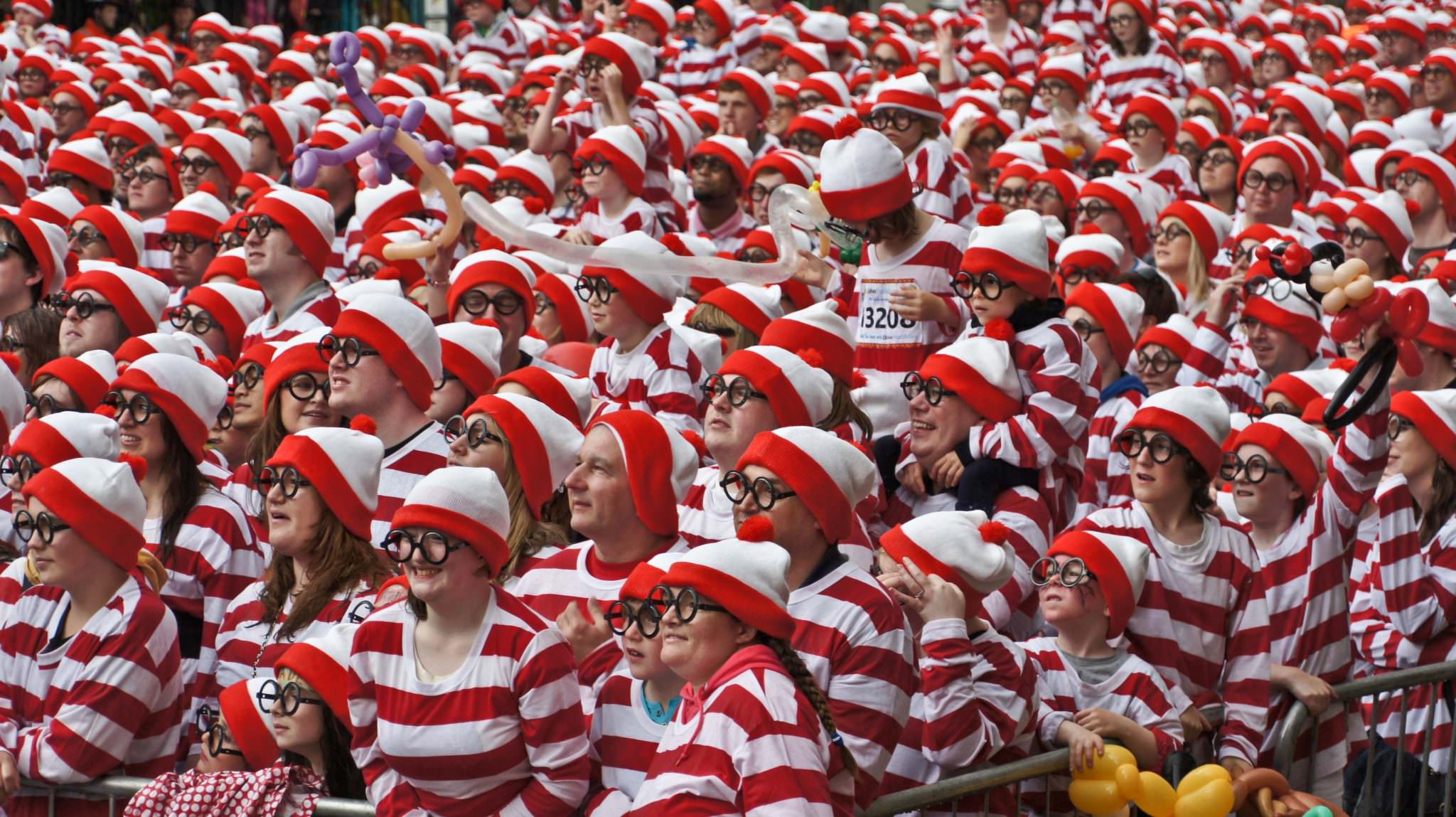Conformism
Herd Mentality
Herd mentality – in all its forms, both ancient and modern – is probably the thing that frightens me most in the world.

At primary school, I rarely played with other children. For me, playtime usually meant a walk around the edges of the playground, observing others and thinking to myself.
There were lots of reasons why I found it difficult to connect with my childhood peers, none of them particularly interesting or unusual, but I do sometimes wonder whether my early experiences have defined my temperament; I’ve never been much of a joiner, and I find many people frankly depressing.
Large scale groups make me feel particularly uncomfortable and I hate the idea of “losing myself” in a crowd. A crowd takes on a mind-set and a force of its own, one that’s both independent from and beyond the control of the individuals it contains. It gave us looting and destruction during what started as a protest about the death of a young man in Tottenham; it gave us the devastating online lynching of Justine Sacco for a misguided and poorly-worded tweet; it gave us the Salem witch trials.
Herd mentality – in all its forms, both ancient and modern – is probably the thing that frightens me most in the world.
That’s not to say that my failure to merge cohesively with a group has not caused me some anguish over the years – it can be a lonely existence. In recent times, it has meant separation from a group of writers with many values that I share due to my innate inability to agree with them on everything – or at least, to pretend that I do.
As a lifelong supporter of social justice, the new wave of “social justice warriors” and their denunciation of healthy debate has come as a horrifying shock to me. Until recently, I believed that the fight for equality would herald a new age of empathy, diversity and understanding. Instead, many of my previously liberal allies have been taken over by the cult of victimhood and a collective fear of rejection. Like teenagers, they constantly check in with each other to affirm whether what they think is acceptable – and who can blame them? The consequences of dissent are excommunication from the tribe.
Experience has certainly taught me that being part of a group is not in my nature, and broadly speaking I am proud of the fact that I won’t play ball for the sake of staying on the team. It may not be my most attractive quality, but it’s the one that will drive me to raise the alarm whilst everyone else stays silent; it also makes me the kid who will shout that the emperor’s got no clothes on.

Recently, I have found myself drawn to a range of people who describe themselves or are described by others as “libertarians” – only to find once again that there’s a hymn sheet of horrors that many seem to sing from. For example, according to most of the Americans that I have met online, to be accepted as a “libertarian” then I have to be in favour of guns. Lots of guns. I have to agree that the act of carrying a gun is a liberating experience (I mean – what?) and certainly that it’s none of the government’s business. Every time I try to propose a different line of thinking (held by most sane individuals on this side of the Atlantic, including the majority of our own police force), I am simply told that I’m “not a libertarian”.
Another commonly displayed “libertarian” approach that I struggle to respect is the puerile desire to offend, bolstered by the dubious claim that this is somehow a noble and worthwhile antidote to the equally tedious culture of taking offence.
Certainly, I relish challenge and debate, and I also believe that free speech is more important than the inevitable risk of causing offence to some. As Salman Rushdie said following the horrifying attacks on the staff at Charlie Hebdo a year ago, “I … defend the art of satire, which has always been a force for liberty and against tyranny, dishonesty and stupidity.”
But in a recent article on what he has termed “cultural libertarianism,” Breitbart author Allum Bokhari has argued that “deliberate offensiveness plays an important role in the fight against cultural authoritarianism, … showing that with a little cleverness, it’s possible to express controversial opinions and not just survive but become a cult hero.”
This surely sums up the unambitious and self-seeking aims of those who make it their business to offend – preening contrarians whose sole function is to cause shock and awe, their tweets a heady mix of clickbait, worthless insults and self-aggrandizement. There is no evidence whatsoever that anyone’s personal liberty is furthered by such infantile sneering; yet swarms of supposedly liberal followers rejoice in this toxic effluence with excited applause, like an encouraging mother will celebrate her toddler’s first shit in the potty.
Maybe I am still that little girl on the edges of the playground, the one with the problem joining in – but as I stand at the periphery, I see the herd mentality all around me. At its best, it gives us a sense of solidarity as we strive for the greater good or find our feet in the world. At its worst, it gives us mindless thuggery, the kind of collective violence exemplified and explored in Golding’s Lord of the Flies. On a mundane level, however, it gives us neither of these; it simply endorses mediocrity and prevents us from thinking.
So on balance, I’m happy on the outskirts.






